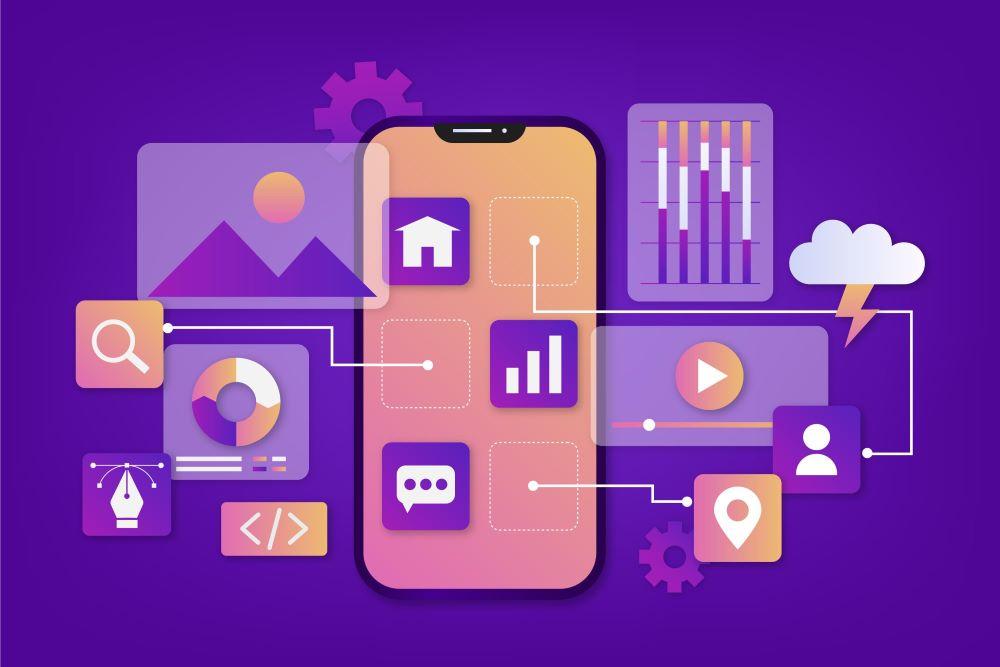In today's digital age, where mobile applications have become an integral part of our daily lives, ensuring the security of these apps is paramount. With the increasing number of cyber threats and the growing concern for user privacy, iOS app development companies are under immense pressure to deliver secure and robust applications. In this article, we will explore the best practices that iOS app development companies can adopt to enhance the security of their applications and protect user data.
Understanding the Importance of Security in iOS App Development
iOS, the operating system powering Apple's devices, is known for its strong security features. However, this does not exempt iOS app developers from implementing additional security measures to safeguard their applications. Security breaches can lead to severe consequences, including financial losses, damage to reputation, and legal ramifications. Therefore, prioritizing security in iOS app development company is crucial for both the success of the app and the trust of its users.
Best Practices for Enhancing Security in iOS Apps
1. Data Encryption:
Data encryption is fundamental in protecting sensitive information stored within an iOS app. Utilizing Apple's built-in encryption mechanisms, such as the iOS Data Protection API, developers can encrypt data both at rest and in transit. This ensures that even if unauthorized access occurs, the data remains unreadable and unusable.
2. Secure Authentication:
Implementing strong authentication mechanisms is essential for preventing unauthorized access to user accounts and sensitive data. iOS app development companies should incorporate features such as biometric authentication (Touch ID, Face ID) and multi-factor authentication to enhance the security of their applications.
3. Secure Code Practices:
Adhering to secure coding practices is vital to mitigate common vulnerabilities such as injection attacks, buffer overflows, and cross-site scripting (XSS). iOS developers should follow guidelines provided by Apple, such as the Secure Coding Guide and the iOS App Security Checklist, to write robust and secure code.
4. Regular Security Audits:
Conducting regular security audits and assessments is necessary to identify and address potential vulnerabilities in an iOS app. Development companies should perform thorough penetration testing, code reviews, and vulnerability scanning to ensure the application's security posture remains robust over time.
5. Secure Network Communication:
Securing network communication is critical to prevent data interception and tampering. iOS app developers should implement HTTPS/TLS protocols for transmitting data over the network and avoid transmitting sensitive information in plain text. Additionally, using certificate pinning can help verify the authenticity of servers and prevent man-in-the-middle attacks.
6. Permissions Management:
Carefully managing permissions granted to an iOS app is essential for protecting user privacy and preventing unauthorized access to device resources. Developers should request only the necessary permissions and provide clear explanations to users regarding why each permission is required. Moreover, apps should gracefully handle scenarios where permission requests are denied by users.
7. Secure Offline Storage:
Ensuring the security of data stored locally on the device is as crucial as protecting data transmitted over the network. iOS app development companies should employ techniques such as Keychain Services and File Data Protection to encrypt and secure sensitive information stored on the device. Additionally, sensitive data should be securely wiped from memory when no longer needed to prevent unauthorized access.
8. Regular Updates and Patch Management:
Keeping the iOS app up-to-date with the latest security patches is essential for addressing newly discovered vulnerabilities and mitigating potential security risks. Development companies should have a robust update mechanism in place to promptly deliver security patches to users and ensure that older versions of the app are deprecated and no longer supported.
Conclusion
In conclusion, enhancing security in iOS apps is a multifaceted endeavor that requires a proactive approach and adherence to best practices throughout the development lifecycle. iOS app development companies play a pivotal role in safeguarding user data and maintaining the integrity of their applications. By prioritizing security, adopting secure coding practices, and regularly auditing their applications, development companies can mitigate the risk of security breaches and build trust with their user base. Ultimately, investing in security measures not only protects the app and its users but also reinforces the reputation and credibility of the development company in an increasingly competitive market.
In the ever-evolving landscape of cybersecurity, staying vigilant and continuously improving security measures is paramount for iOS app development companies to stay ahead of potential threats and ensure the long-term success of their applications. By incorporating these best practices into their development processes, companies can create iOS apps that not only provide exceptional user experiences but also prioritize the security and privacy of their users' data.



